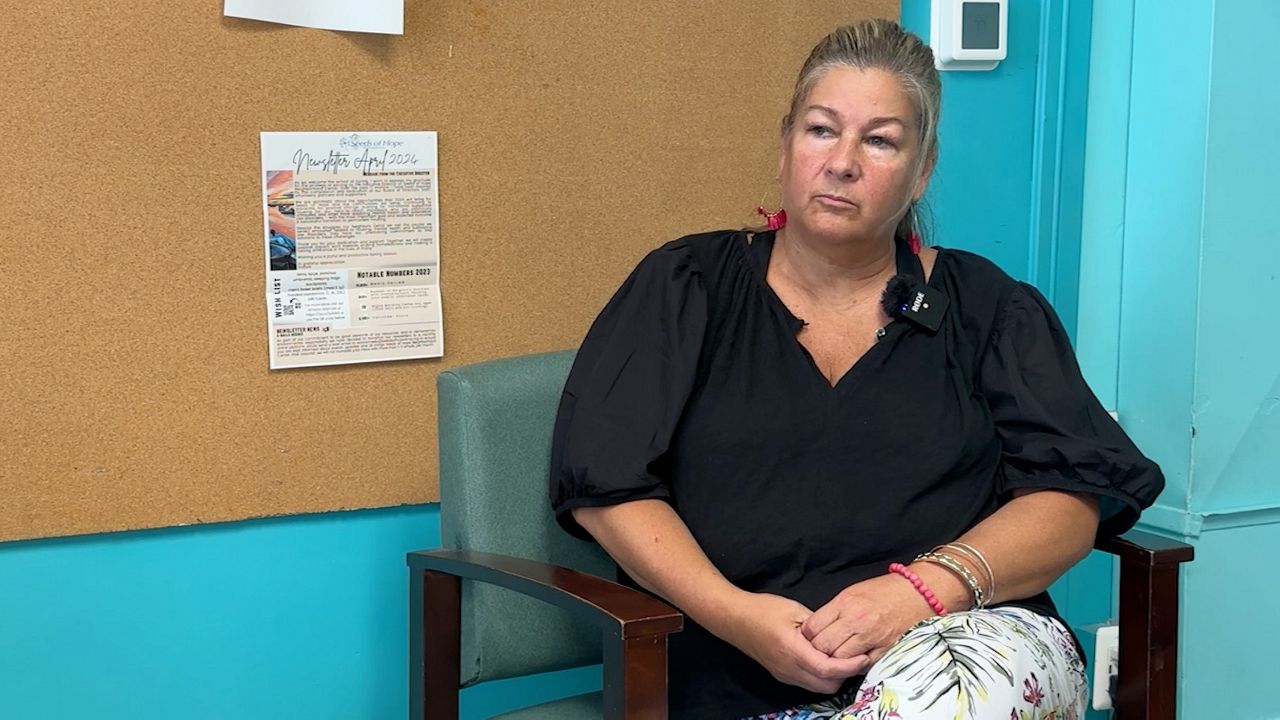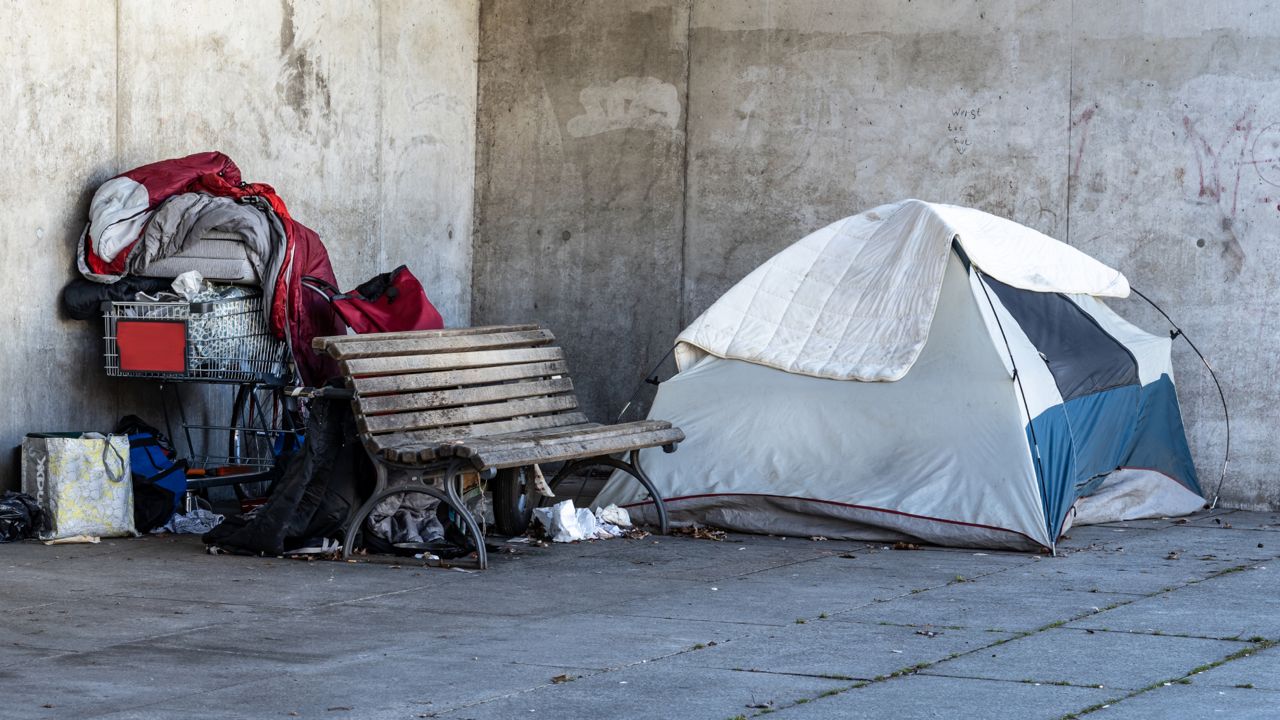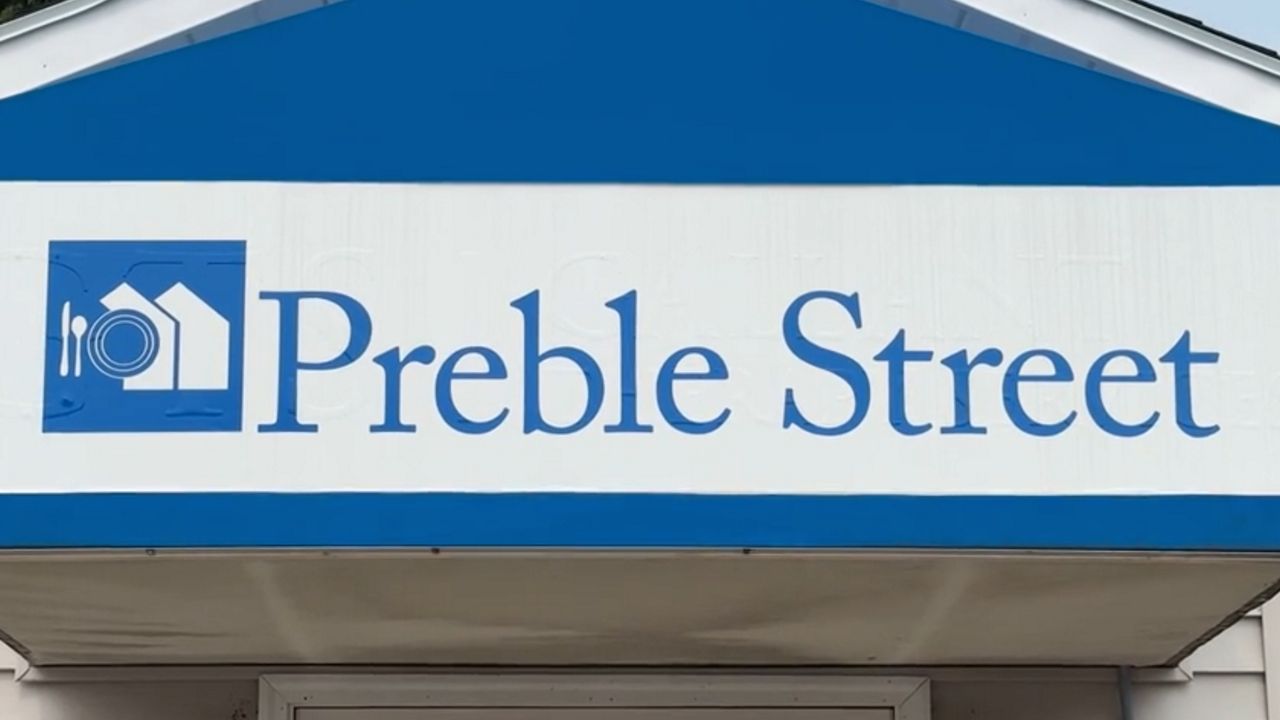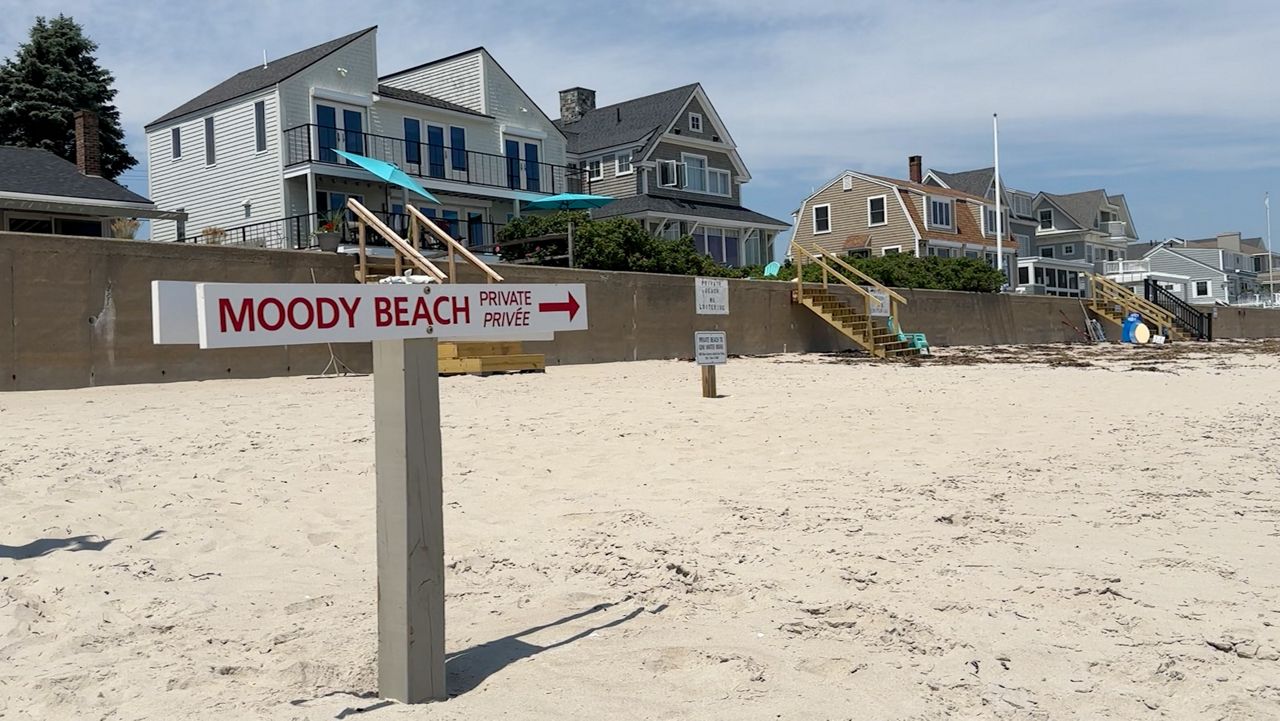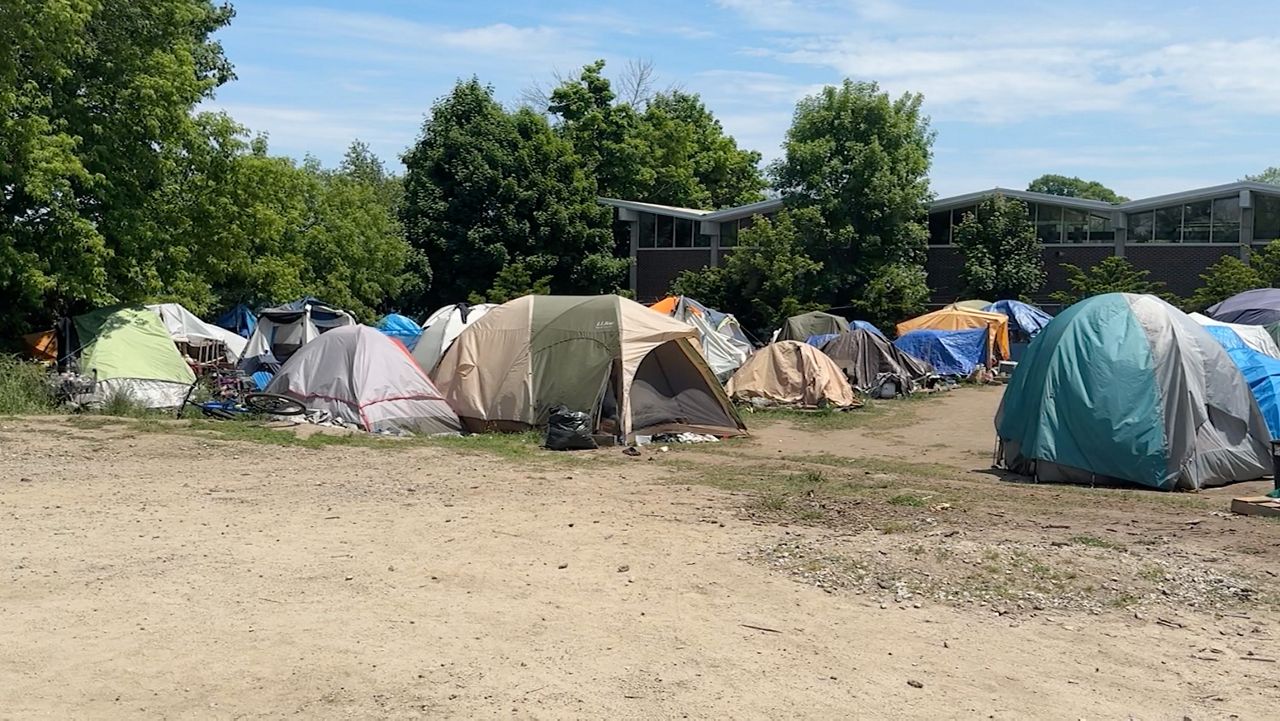It’s been less than a week since the city of Biddeford closed a large homeless encampment along the Saco River next to Mechanics Park. Only time will tell how many of the camp’s former residents will find permanent housing and assistance. So far, at least half of them have found food, clothing and a safe place to sleep at Seeds of Hope.
The local charitable organization has been offering help to the city’s homeless population for the past 16 years. The city has partnered with the organization to foot the bill for ongoing care for the camp’s former residents for at least the next 12-18 months.
Mayor Martin Grohman, who wants to see the city’s homeless get help, said city officials are not stopping with the Mechanics Park camp. There are other, smaller camps elsewhere in Biddeford, and efforts are underway to close those too.
“All of those are either being cleared out or have been cleared out,” he said.
An exact count of the city’s homeless is not known. For the Mechanics Park camp alone, estimates indicated that on a typical day, as many as 40-45 people were living there.
On Monday night, following the camp’s closure, Seeds of Hope took in 22 of the camp’s former residents, according to Vassie Fowler, the organization’s executive director.
Grohman said it’s not known exactly where the rest of the camp’s former residents have gone. Some, he said, may have had family or other contacts outside the city. For those still on the local streets, city officials, including a liaison at the Biddeford Police Department, are reaching out to help.
“We’re helping everybody that we can help,” he said.
Fowler said she is standing ready with volunteers who have experience dealing with trauma and crisis management, along with a housing navigator. Seeds of Hope does not offer licensed mental health or substance abuse counselors, but partners with York County Community Action and Maine Behavioral Health to offer those services, too.
But for the moment, Fowler said, it’s too soon to think about long-term assistance.
“The game plan is to kind of let the dust settle,” she said. “The last thing these people need right now is to have people coming at them.”
The city’s financial backing will help. Fowler said the city is paying as much as $1,000 to $1,500 a day as part of the partnership. That means she and her staff can take the time they need to build relationships with her newest arrivals.
Fowler said she wants the homeless under her care – she calls them “neighbors” – to feel secure, part of a community.
“I think the most important thing they need is to be valued,” she said. “They need to know that they’re worthy. They’re worthy of living indoors. They’re worthy of wellness and being healthy. They’re worthy of love and friendship.”
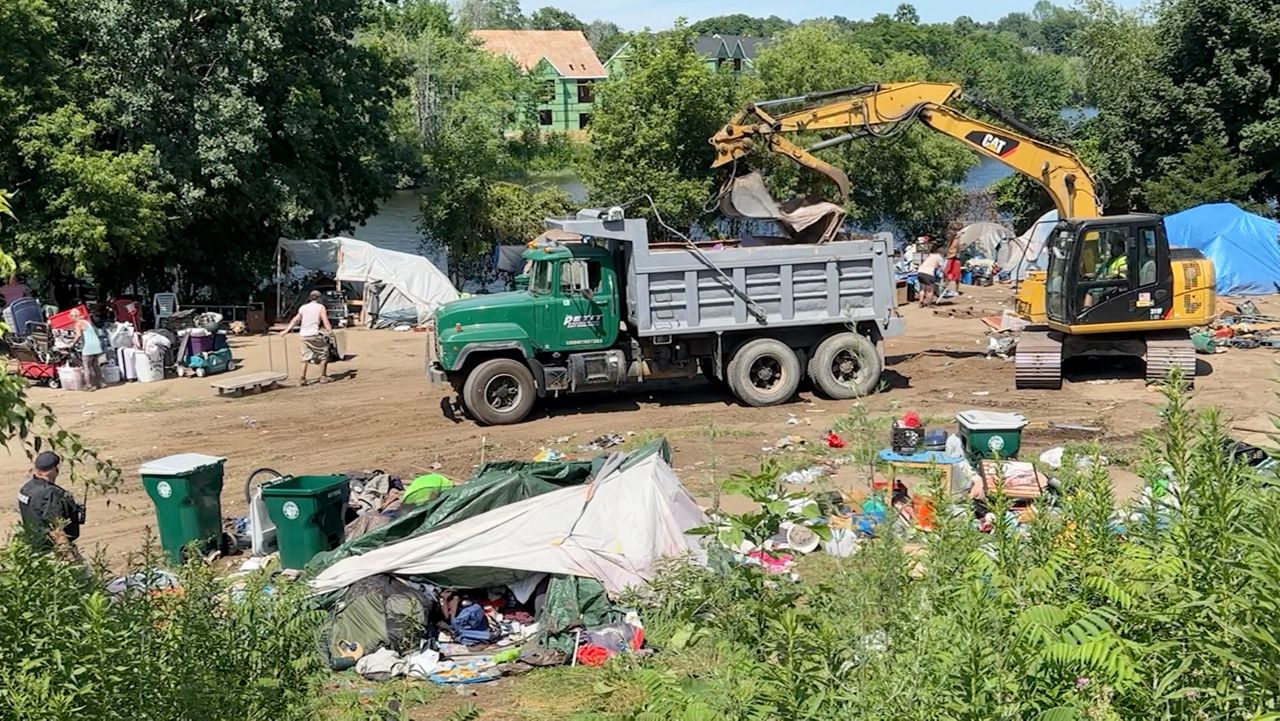
That sentiment is not just about compassion. There’s a real practical value to accommodating emotional needs. Fowler said there’s usually a reason a person has become homeless – what she calls the “why” – and without addressing that, a person might not function well enough to live anywhere, be it a house, an apartment or a tent.
“Our kind of thought and approach is, we want to get them to a point where they’re successful,” she said. “To me, to be successful, you’ve got to fix the ‘why.’”
The “why” can be complex. For the chronically homeless, that can include mental health issues, or substance use disorder, or a combination of both.
Fowler said those struggling with drugs or alcohol may be hesitant to come into Seeds of Hope at all, since the organization doesn’t allow drinking, drugs, weapons, stealing or other disruptive and disrespectful behavior.
“The truth is, not everybody will come here, because they don’t want to follow the rules,” she said.
Others, Fowler said, suffer from a simple lack of trust. Some may have tried getting assistance before only to fall through the cracks of a flawed system, and don’t expect anyone is really able to help them anymore.
Grohman said he doesn’t want to see anyone living on the street, and that the city will continue to offer help.
“There certainly are people who aren’t comfortable staying inside, and we’re working with those people,” he said.
Fowler said Seeds of Hope will continue to offer help, too.
The organization is partnering with the Second Congregational Church across the street in case her building on South Street gets filled, but Seeds of Hope is expanding.
The nonprofit is renovating an entire floor of its location. It will take several months, but when finished Fowler said Seeds of Hope’s capacity will expand as high as 50.
And if that’s not enough, Fowler said, she will find a way to accommodate all who need her help.
“We won’t turn them away,” she said. “We will figure it out.”





